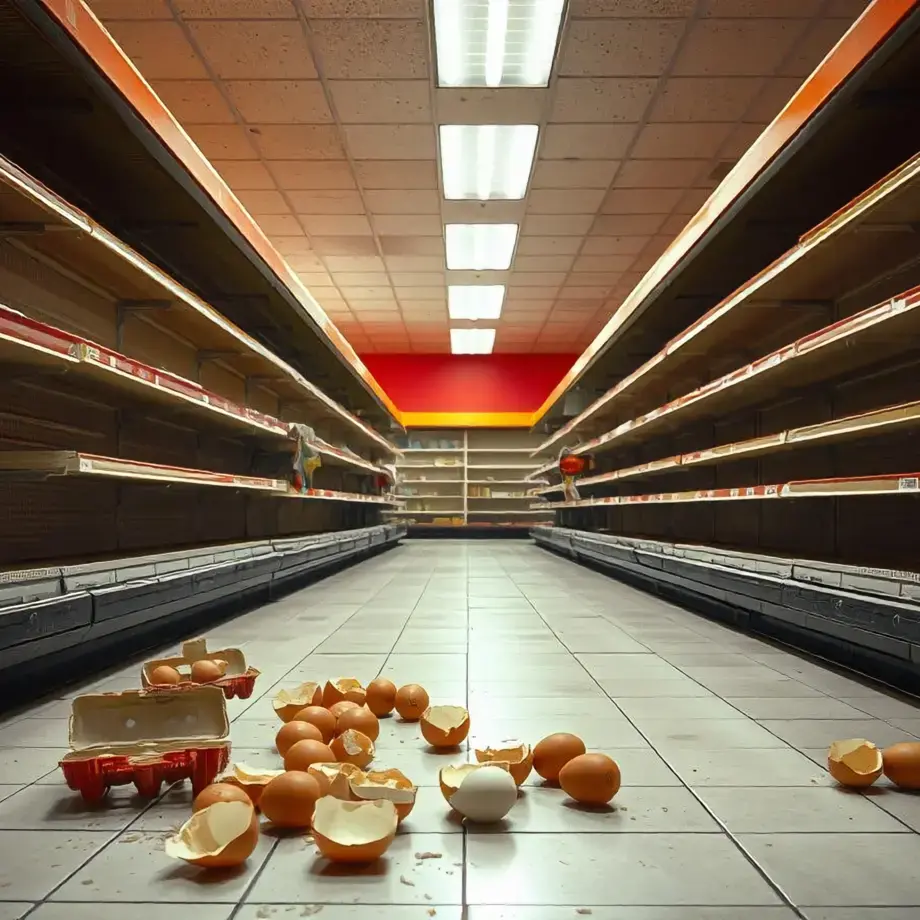With the news that France has implemented a three-month ban on foie gras production in an attempt to contain an outbreak of avian flu, the controversial luxury food is once again at the top of the foodie news agenda – not that it ever strays too far from the summit.
The ban is expected to hit French exports of the fatty duck or goose liver hard: France currently exports 20,000 tons a year, mainly to Europe, the USA and China, and is a member of the European Foie Gras Foundation, along with Belgium, Bulgaria, Hungary and Spain.
What is foie gras?
Foie gras is the fatty livers of a ducks or geese that have often been forcibly overfed via tubing inserted into the oesophagus, a process known as 'gavage'. This causes their livers to swell to roughly 10 times the original size.
Many view gavage as extremely unethical and unneccessarily cruel, so much so that the production of foie gras is actually banned in many countries – but only India has implemented a total ban. Below we’ve compiled a list of countries and places showing exactly where they stand on the production and sale of the luxury food, and also where bans have been overturned.
Production ban
Argentina, Czech Republic, Denmark, Finland, Germany, Ireland, Israel, Italy, Luxembourg, Netherlands, Norway, Poland, Sweden, Switzerland, UK.
Total ban on sale and production
India.
Overturned ban
California (banned in 2012, overturned in 2015), Chicago (banned in 2006, overturned in 2008), São Paulo – read Alex Atala's reaction to the original ban.
Interestingly, there is a certain foie gras producer who’s doing things a little differently. Click here to read about Spain’s Pateria de Sousa, who’s developed a method to encourage his geese to naturally overeat, with no need for gavage, and watch chef Dan Barber enthuse about Souza’s methods in the video below.









